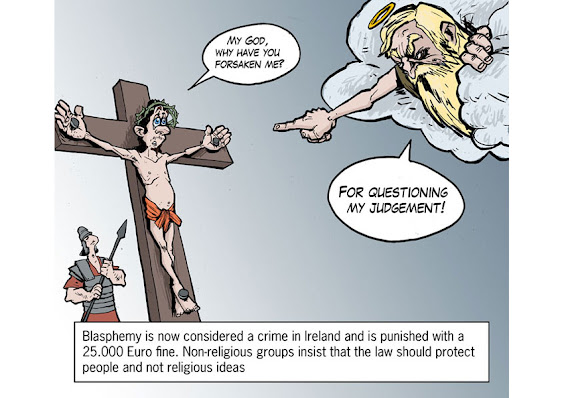 |
| Erik Petri |
In Labatut’s telling, Heisenberg then comes to recognize that the parameters of any given quantum object can never be identified with certainty. If the position of an electron is determined precisely, “arresting that particle in its orbit like an insect impaled on a pin,” then it becomes impossible to know its momentum, and vice versa. The variables are mathematically complementary, so that the more clearly we bring one into focus, the more it blurs our understanding of the other — as if, Heisenberg explains, “reality allowed us to perceive the world with crystalline clarity with one eye at a time, but never with both.”
With his slippery hybrid of fact and fiction, Labatut slyly applies the uncertainty principle to the human pursuit of knowledge itself. Abstraction and imagination, measurement and story coexist in a multidimensional reality containing infinite destinies and interpretations. At its furthest reaches, reason and scientific inquiry lead into the unknowable. As Labatut puts it, in words he ascribes to Schwarzschild: “Only a vision of the whole, like that of a saint, a madman or a mystic, will permit us to decipher the true organizing principles of the universe.”
No comments:
Post a Comment